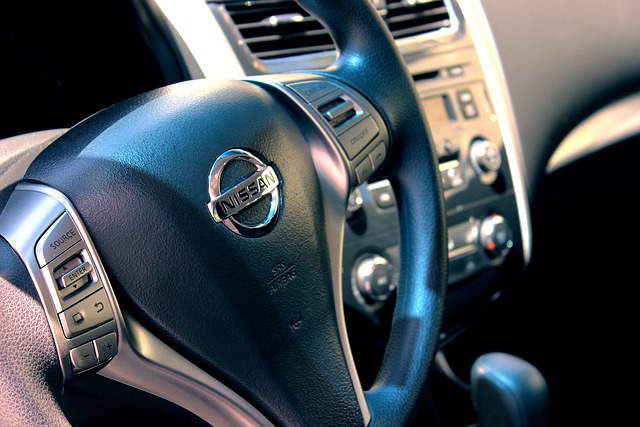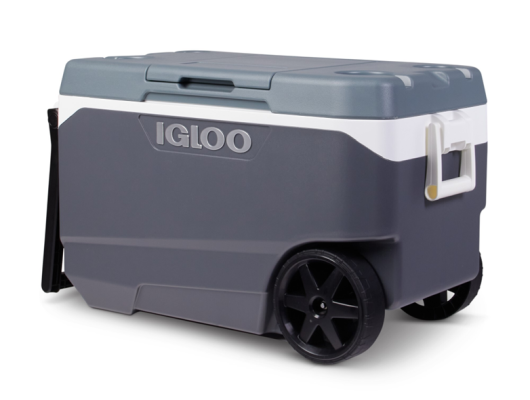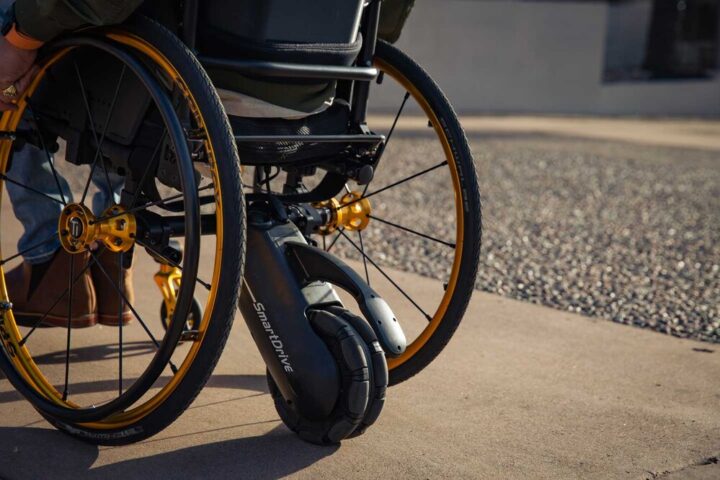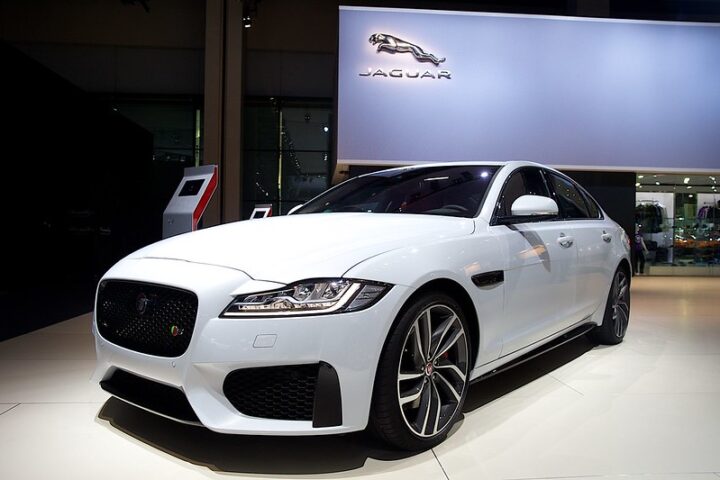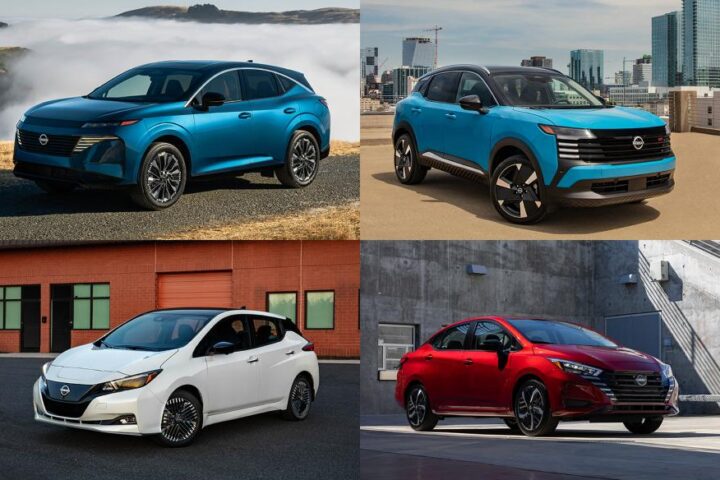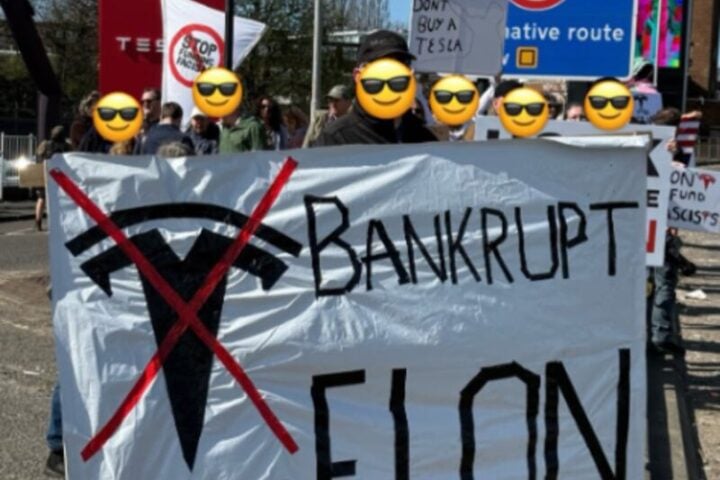Honda and Nissan have called off their plans to work together. The deal, worth $60 billion, fell apart when they couldn’t agree on how to run the combined company.
The main issue was control. Honda wanted Nissan to become part of its company. Nissan didn’t want this arrangement. “The intent was to join forces to win in the global competition, but this was not going to realize Nissan’s potential, so I could not accept it,” said Nissan’s boss Makoto Uchida.
Honda’s leader Toshihiro Mibe felt disappointed. “We saw great potential, but making it work would have been difficult,” he said.
Both companies face different money challenges. Honda’s earnings dropped 7% in recent months, bringing in 805 billion yen ($5 billion). Still, Honda remains stronger financially.
Similar Posts:
Nissan struggles more. Their profits fell sharply to 5.1 billion yen from 325 billion yen last year. To save money, Nissan plans to cut 9,000 jobs worldwide.
Though they won’t merge, Honda and Nissan will still work together on electric cars and smart technology. They need this teamwork to compete with Chinese companies like BYD, which has become a major competitor in the electric car market.
A different company, Foxconn from Taiwan, might help Nissan. Foxconn’s chairman Young Liu says they’re interested in working with Nissan, though not taking it over.
Car industry expert Karl Brauer explains why the merger failed: “Many car company mergers don’t work out. This one could have either helped both companies or hurt them badly.”
Both Honda and Nissan must now find their own ways to succeed. They’ll keep working together on new car technology while staying separate companies. This change in the auto industry could affect future car choices and the development of new technologies.
